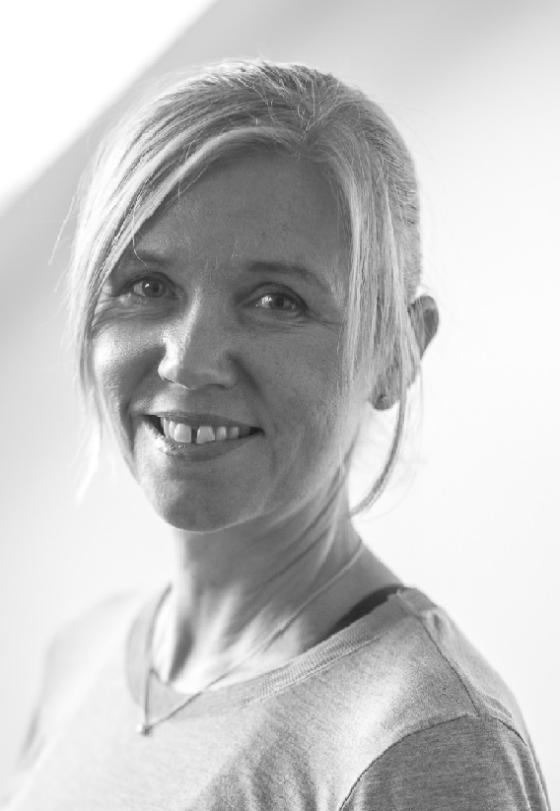Kvitberg disputerer for ph.d.-graden i helsevitenskap og vil offentlig forsvare avhandlingen:
“Arctic food biographies An ethnographic study of food and health in everyday life of elderly Arctic women”

Avhandlingen er tilgjengelig her! / The doctoral thesis is available here!
På grunn av koronautbruddet er auditoriet stengt for publikum. Disputasen vil i stedet bli strømmet. Opptak av disputasen vil være tilgjengelig i en måned.
The auditorium will be closed to the public because of the corona outbreak. The defense will be streamed. A recording of the disputation will be available for one month.
Prøveforelesning over oppgitt emne starter kl. 10.15/ The trail lecture starts at 10.15
Tittel/Title: «Redegjøre for refleksivitetens ulike dimensjoner, og for hvordan refleksivitet, posisjonering og forskningsresultater gjensidig har påvirket hverandre i ditt doktorgradsprosjekt om kvinner, mat og helse i tre nordlige urfolkssamfunn.»
Prøveforelesningen strømmes her / The trail lecture will be streamed here
Disputasen starter kl. 12.15 / The defense starts at 12.15
Disputasen strømmes her / The defense will be streamed hereDe som ønsker å opponere ex auditorio kan sende e-post til leder av disputasen (tormod.brenn@uit.no). Opponents ex auditorio should sign up to leader of defense by e-mail (tormod.brenn@uit.no).
Populærvitenskapelig sammendrag av avhandlingen/ Summary of the thesis:
The aim of the ethnographic study described was to listen sensitively and give voice to elderly Arctic women’s personal food biographies and everyday experiences of living in small coastal towns and inland areas of Norway’s Circumpolar North, North West Russia and Greenland. These specified geographical contexts were selected because they have been the focus of the Arctic and Global Health research activities at the University of Tromso (UiT) on food, health and sociocultural changes in the Arctic. The focal point of the ethnographic research described in this thesis is indigenous women’s everyday life experiences on food and health in an Arctic context.
Ethnographic interviews were conducted with the participants in their Arctic kitchens. They involved personal encounters with 16 story tellers who, in a positive manner, substantiated the themes in the written accounts. Three detailed personal stories are featured in this dissertation. In the evaluation of these ethnographic interviews, attention is paid to how the participants tell their stories and express their health and wellbeing in everyday life through their personal food biographies. The interviews demonstrate a confluence of practices and among them eating traditional food is a key factor to everyday life, health and well-being.
The thesis is written from a critical medical anthropological perspective. This perspective gives voice to individual experiences and the consequences that social forces (political, economic, cultural, institutional and religious) can inflict on human experience. These perspectives influenced the form of the interviews and account for why they turned personal. This allows the reader to be touched by the personal stories.
The thesis illustrates how colonization expresses itself in the form of bodily pain in the individual body. It is demonstrated that researchers methodologically can recognize and experience such embodied experiences of pain by establishing trust in relation to the participants and listening sensitively to words, pauses, silences, tone of voice and body language. Furthermore, the study shows what the participants mean by health and well-being, namely to have access to the traditional food one likes to eat and identify with. The findings in this study indicate how lack of access to the local traditional food intensified the elderly women's feelings of exclusion and marginalization. In short, the dissertation shows how individuals express experiences of colonization through their stories of traditional food and eating habits and that being deprived of such access can contribute to social and bodily pain.
Veiledere/ Supervisors:
Hovedveileder/Main supervisor:
Professor Jon Øyvind Odland, Institutt samfunnsmedisin, Det helsevitenskapelige fakultet, UiT Norges arktiske universitet
Biveileder/supervisor:
Rune Flikke, Instituttleder Sosialantropologisk institutt, UiO
Bedømmelseskomité/Defensecomitee:
Professor Mai Camilla Munkejord, Høgskulen på Vestlandet – 1. opponent
Ph.d. Lena Maria Nilsson, Umeå Universitet - 2.opponent
Professor Ketil Lenert Hansen, RKBU, Det helsevitenskapelige fakultet, UiT Norges arktiske universitet – leder av komité
Disputasleder/ Leader of defense:
Professor Tormod Brenn, Institutt for samfunnsmedisin, Det helsevitenskapelige fakultet, UiT Norges arktiske universitet